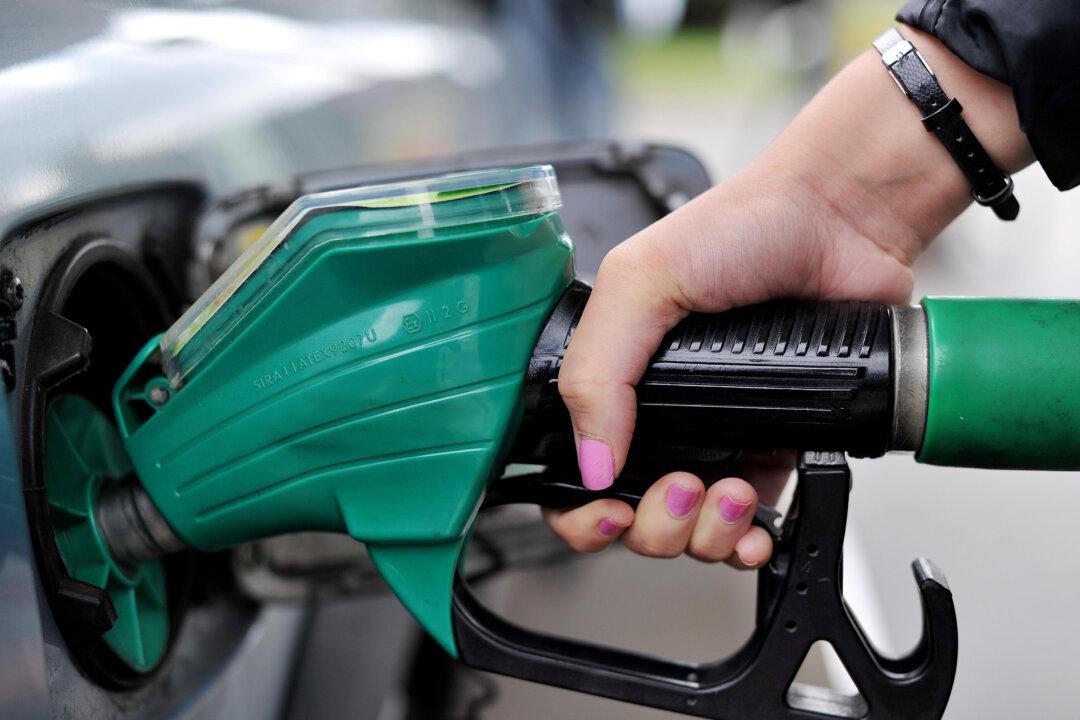The UK’s inflation rate has fallen for the first time in nearly a year owing to a drop in fuel prices, though it remains close to its 40-year record and food prices keep rising.
According to the Office for National Statistics (ONS), the UK’s Consumer Prices Index (CPI) rose by 9.9 percent in the 12 months to August 2022, down from 10.1 percent in July.





